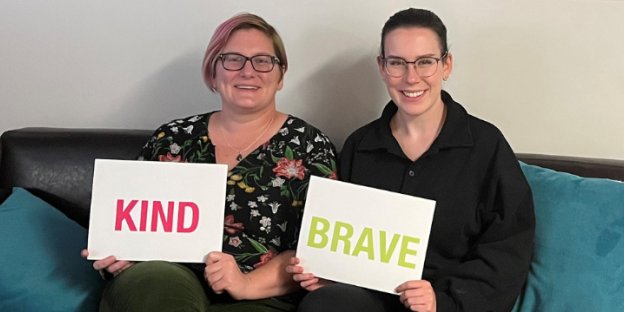Talk to your doctor if you or someone close to you has a traumatic brain injury and you are concerned about the effect on the brain.
Traumatic brain injury (TBI) results from an impact on the head. It affects normal brain function and may affect a person's cognitive abilities, including learning and thinking skills.
Certain types of brain injury may increase the risk of developing Alzheimer's or another form of dementia later in life. Dementia because of TBI is progressive and can affect the whole life and complicate the management of coexisting health conditions. TBI can affect thinking, concentration, memory, communication, personality, interpersonal interactions, mood, and behaviour.
Symptoms
People experience different combinations of these symptoms depending on the part of the head injured, the force of the blow, the damage caused, and the individual’s personality before the injury.
Some symptoms appear rapidly, while others develop more slowly. In most cases, symptoms have at least started to appear in the first month after the injury.
- Unconsciousness
- Inability to recall the cause of the injury or events that occurred immediately before (or up to 24 hours afterwards)
- Confusion and disorientation
- Difficulty learning and remembering new information
- Headaches and dizziness
- Nausea and vomiting
- Blurred vision
- Ringing in the ears
- Trouble speaking coherently
- Changes in emotions or sleep patterns
- Lack of coordination
Some of these changes could be long-lasting or permanent. The severity of symptoms depends on whether the injury is mild, moderate, or severe. Even a mild traumatic brain injury can have serious and long-lasting effects.

